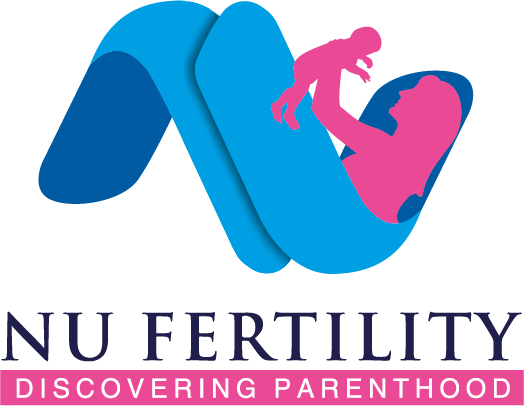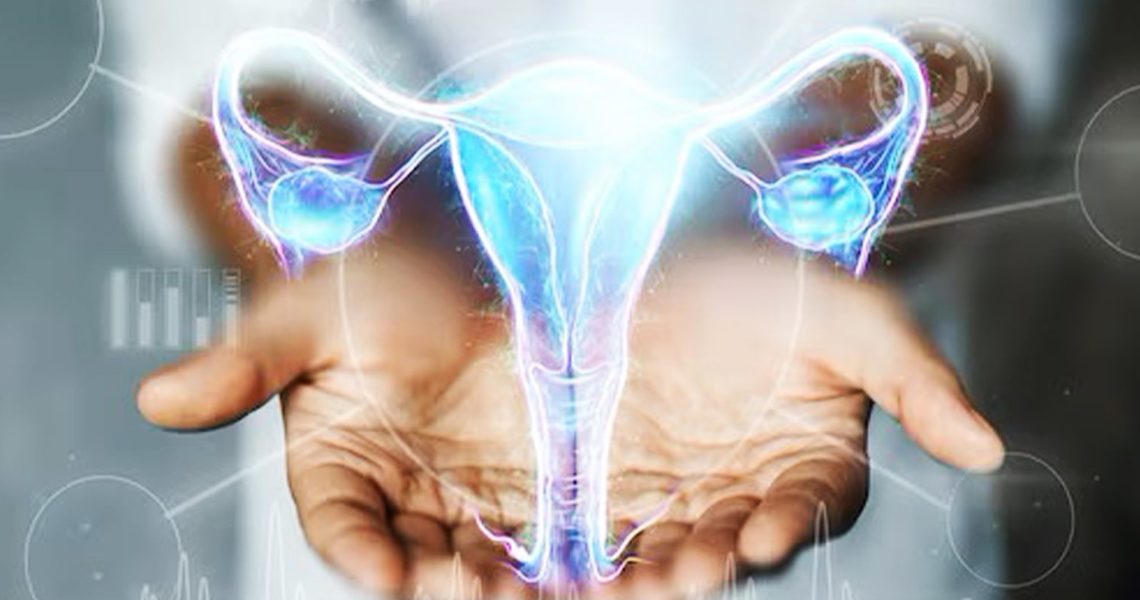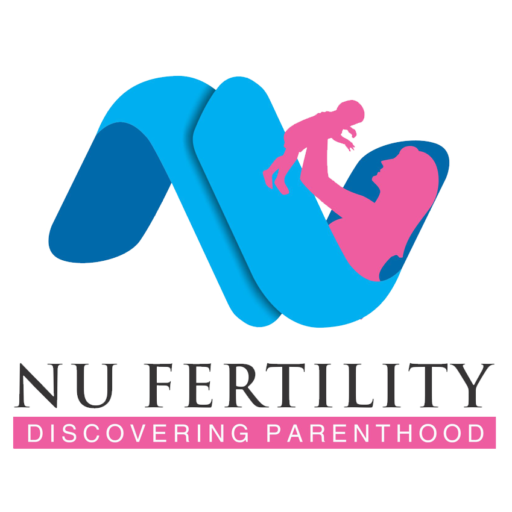Attaining motherhood is the dream of every married woman. However, becoming pregnant sometimes can be more difficult if the woman suffers from polycystic ovarian syndrome (PCOS) or has ovarian cysts. Ovarian cysts are fluid-filled sacs that develop in the ovaries. Although ovarian cysts do not cause infertility, it may lead to certain medical conditions which can make it difficult to achieve pregnancy. Early diagnosis and timely treatments will help overcome this problem.
Types of Ovarian cysts
Following are the different types of ovarian cysts that are formed as a result of your menstrual cycle. These are known as functional cysts and are of two types:
- Follicular cysts: Usually, halfway through the menstrual cycle, an egg bursts out of its follicle and travels down the fallopian tube. When this does not happen, a follicular cyst develops which does not rupture to release the egg; instead, it continues to grow.
- Corpus luteum cyst: Once a follicle releases its egg, it starts producing the hormone progesterone, required for conception. Such a follicle is called corpus luteum. When fluid builds up inside the corpus luteum, it results in a cyst.
There are some other types of ovarian cysts as well that do not generally affect fertility. These are:
- Cystadenomas: These are outgrowths that develop on the surface of the ovaries. They may require treatment. If they grow in size, they may form a mechanical hindrance to getting pregnant.
- Dermoid cysts: When the ovarian cyst contains tissue such as skin, hair, or teeth instead of fluid, it is called dermoid cyst. Larger cysts may undergo torsion ()twisting of the ovaries). These require treatment.
Medical conditions often associated with Ovarian cysts
Endometriosis and ovarian cysts: Endometriosis is a fairly common condition in which tissues that are similar to the inner lining of the uterus, grow on the outside of the uterus as well, such as on the fallopian tubes or the ovaries. About 30-40% of women suffering from endometriosis face the problem of infertility.
Polycystic Ovary Syndrome and ovarian cysts: PCOS is characterized by pearl-sized cysts or follicles which often lead to infertility in women. Normally, a woman has eggs in her ovaries which get released during ovulation phase of the menstrual cycle. These eggs are contained in tiny sacs called follicles that get filled up with fluid as the egg matures. On rupturing, these follicles release the eggs for fertilization.
A woman having PCOS is unable to produce all the hormones required for the eggs to fully mature. Hormonal imbalance in a woman with PCOS interferes with maturation of egg and ovulation. Correction of this imbalance is required to achieve a pregnancy.

Ovarian cysts and pregnancy
During early stages of pregnancy, ovarian cysts are commonly seen. These are harmless cysts, just like most other ovarian cysts. The problem arises when these cysts continue to grow as well, as the pregnancy progresses. They may interfere with the pregnancy by complications such as rupture. When the functional cysts rupture, it may result in bleeding or excruciating abdominal pain.
Features of malignancy warrant immediate attention.
Risk factors for Ovarian cysts
A woman has higher chances of developing an ovarian cyst with:
- Hormonal problems: These could be related to intake of fertility drugs that cause you to ovulate.
- Pregnancy: Cysts are common in the first three months of pregnancy. If they persist beyond this, they need evaluation.
- Endometriosis: This is a medical condition where tissue can attach to your ovary and develop into a cyst.
- Severe pelvic infection: When the infection spreads to the ovaries, it is most likely to cause cysts.
- Previous ovarian cysts: If you have had a history of ovarian cysts, you are more likely to have a recurrence.
When the cysts present are either cystadenomas or dermoid cysts, they require surgical removal. This surgery is typically harmless, if done by experienced professionals.. Ovary needs to be removed surgically if the cysts are extremely large, complex, or cancerous. Thus, it is important to get the surgery done before you even try to conceive in order to avoid complications in future.
NU Fertility @ NU hospitals is the best place for female infertility treatment in Bangalore. Many couples who are struggling with infertility find hope here. If you’re having trouble getting pregnant, know that we have a team of committed fertility specialists. Get the best infertility treatment for women in Bangalore by visiting NU Fertility without delay.
References:
- Do ovarian cysts affect my chances of becoming pregnant? London Women’s Center. https://www.londonwomenscentre.co.uk/info/news/ovarian-cysts-affect-chances-becoming-pregnant.
- Ovarian cysts and infertility: A Connection? Mayo Clinic. https://www.mayoclinic.org/diseases-conditions/ovarian-cysts/expert-answers/ovarian-cysts-and-infertility/faq-20057806.
- Ovarian cyst and its impact on pregnancy and fertility. Queen’s Gynecology. https://www.queensgynecology.in/queens-health/sexual-health/concern/ovarian-cyst-and-its-impact-on-pregnancy-and-fertility/.
- Ovarian cysts and pregnancy: Could a cyst stop me from having a baby? Penn Medicine. https://www.pennmedicine.org/updates/blogs/fertility-blog/2016/august/ovarian-cysts#:~:text=Cysts%20do%20not%20generally%20make,age%20in%20the%20United%20States.
Author: Dr. Sneha J



